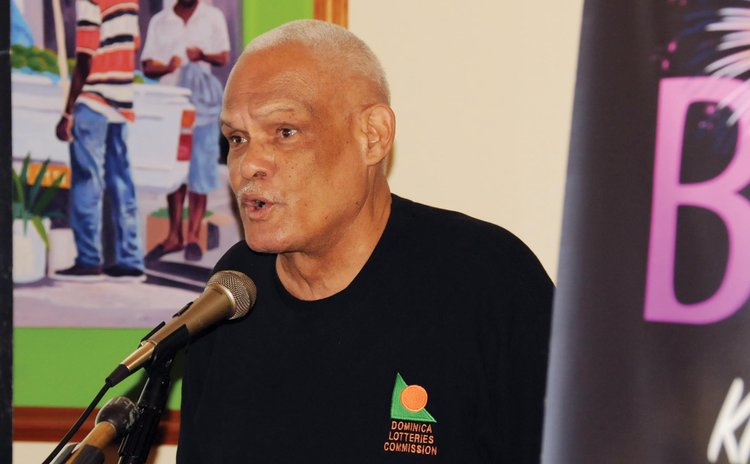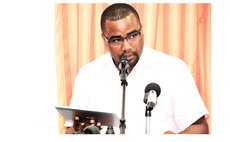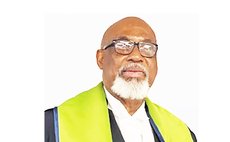Do Politicians Interfere in Police Recruitment and Promotion?

The truth lies somewhere between these two opposing points of view.
One, politicians have interfered, and continue to interfere, in the appointment and promotion of police officers.
Two, the Police Service Commission (PSC) operates independently of politicians. And it promotes and recruits police officers based only on qualifications and competence.
Here, The Sun's reporter provides both sides of the equation about political interference in the Dominica Police Force.
Roseau, Dominica- 19 October, 2020- Deputy Chairman of the Police Service Commission (PSC) Cecil Joseph has refuted claims and or suggestions that the political directorate has a say in appointments and promotions in the police force. Over the past years, there have been suggestions from various circles that politicians of the ruling party play a major part in of police officers.
Former police officer Edincort St. Valle says that he can attest to that level of political interference.
"I can tell you that it is a fact that the politicians play a part in promotions and they squeeze those they perceived not to be supporting them," he said.
Meanwhile, Julien Prevost, a member of the Police Service Commission, said that this has always been the case.
The issue arose again when Acting Chief of Police Lincoln Corbette spoke at a press conference last week.
"The two top positions in the police force by the very nature of the law, the Prime Minister is the one who appoints the Chief and Deputy Chief of Police after consultation with the relevant authorities," Corbette said when asked by the press about political interference in the police force.
"I do not know of any other instances or areas where politicians while I am here, or even before I was at that level get involved in promotions or any decisions of the police force. I can say category that the Minister of National Security and or the Prime Minister have never called me while as chief or deputy to promote XYZ."
He continued: "The Minister has expressed some concerned about some aspects of policing and said that he would like to see more police on the streets but he has never called to say promote this one or that one".
Corbette's view was strongly supported PSC's Joseph: "We as a commission meet once a month and we have a force order which indicates all the interest about the force. People also apply for positions that are placed on the force order. We also get names from the Chief of Police about those he thinks we should look at.
"We have not been given any instructions from any politicians so to say that the appointments are political is untrue. The Chief always gives us two or three alternate names as per his recommendations. Sometimes we go with what he has recommended and other times we act based on our own deliberate judgment on the information provided by the Chief."
According to Joseph, the Commission never looks at the political leaning of any police officer in making its appointment.
"We look at your competence, qualifications, experience and level of fitness, because if you have a bad work attitude we will not be minded to promote you," he said.
Joseph calls those making those allegations as "mischief makers" and said that he or any of his members do not look at "party colours" in the job.
"We have promoted persons we know are strong supporters of the United Workers Party because they are competent for the post, we work in the best interest of the police force and Dominica," Joseph said.
The PSC is chaired by Ian Munro with Cecil Joseph as deputy, all government nominees. The other government nominees are Annette Bates, Wayne Cools-Lartigue and Sonia Williams. The nominees of the Police Welfare Association (PWA) are retired superintendent of police John David and Attorney-at-law Julien Prevost.




